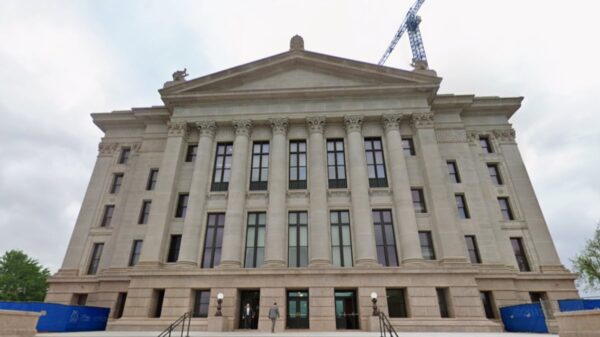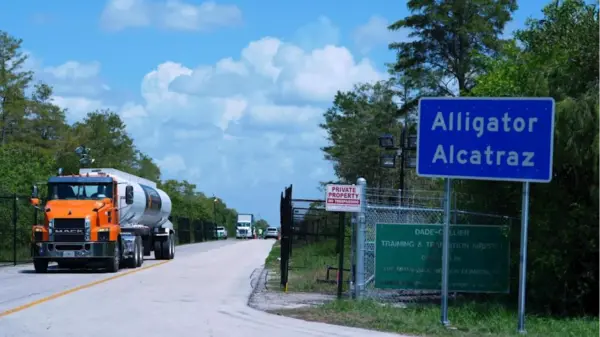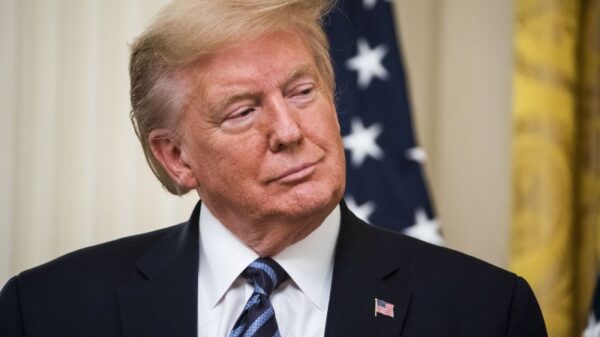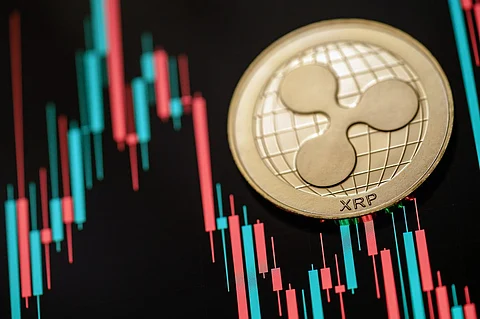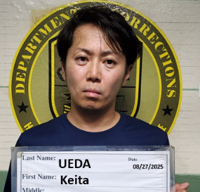Guam Governor Lou Leon Guerrero convened a special legislative session on Saturday to discuss proposed bills aimed at expanding her emergency powers. This move responds to ongoing issues at the Guam Memorial Hospital (GMH) and seeks to expedite infrastructure contracts for the new hospital project in Mangilao without requiring review by the attorney general.
In her formal communication to lawmakers, Governor Leon Guerrero highlighted recent electrical problems at GMH, which prompted the Guam Fire Department to respond last week. She emphasized the urgency of utilizing federal funds from the American Rescue Plan to address infrastructure needs for a new hospital, stating, “As the head of the Executive Branch of our government, I am prepared to take the reins in the event of such emergencies, to ensure the highest levels of accountability.”
During a press briefing, Speaker Frank Blas Jr. acknowledged he had not thoroughly reviewed the proposed bills but expressed concerns about linking immediate issues at GMH with the construction of a new facility. He noted, “I think this special session comes as a result of a conversation I had with the governor relative to dealing or mitigating the damages that have occurred at the hospital last week.”
However, Attorney General Douglas Moylan criticized the governor’s proposals, asserting that they could undermine legal checks and balances in the territory, calling the actions a shift towards a “banana republic.” He is currently pursuing legal action to block funding for the Mangilao project, citing alleged illegalities. The proposed bills would effectively bypass his required review of contracts for the hospital’s infrastructure, a point of contention he highlighted.
Emergency Powers Act and Implications
The first piece of legislation introduced by the governor is titled the “Governor’s Emergency Powers Act.” This act aims to address significant damage to the hospital’s power infrastructure caused by electrical issues. Leon Guerrero indicated that existing emergency powers outlined in Guam law are inadequate for the current challenges. The new act would allow her to declare an emergency for threats to public health, welfare, or critical infrastructure systems.
Under this bill, the governor would be permitted to utilize all available resources from the government of Guam to respond effectively to emergencies. This includes the power to seek aid from the federal government and transfer funds from the General Fund for emergency use. The legislation would also streamline procurement processes, waiving competitive bidding requirements and allowing for expedited emergency purchases without the need for legal review by the attorney general.
Moreover, the bill would grant the governor the authority to waive licensing requirements for healthcare providers in an effort to mitigate the nationwide shortage of medical personnel.
Mangilao Hospital Project Challenges
The second bill focuses on the Mangilao hospital project, which is currently entangled in federal litigation involving multiple parties, including the Guam Housing and Urban Renewal Authority and the Guam Power Authority. Governor Leon Guerrero pointed out the urgency of utilizing the $104 million in federal ARP funds, which are set to expire if not allocated by December 31, 2026. The funding is essential not only for the new medical facility but also for the broader community in Mangilao.
The legislation would waive the attorney general’s review for contracts secured by the Guam Power Authority or the Guam Waterworks Authority related to the hospital’s infrastructure. Additionally, it proposes to bypass environmental assessments typically required for such projects. Instead, the procurement process for the Mangilao project would be managed by procurement counsel from the Department of Administration’s General Services Agency.
Speaker Blas expressed reservations about the breadth of the proposed powers, stating, “It seemed to be more expansive than I was comfortable with.” He reiterated that while he and the governor have been in communication regarding GMH issues, he does not want the urgency of addressing the hospital’s current state to be overshadowed by the plans for a new facility.
In response to the proposed legislation, Attorney General Moylan labeled the actions as “desperate” and potentially harmful to the financial welfare of Guam. He remarked, “There is clear legislative intent that the Attorney General stop illegal procurements before our money is spent and potentially never recovered.” Moylan urged the governor to focus on immediate improvements at GMH, emphasizing the need for adequate staffing and resources to ensure patient care.
As the special session approaches, all eyes will be on the legislative assembly to determine how these proposed bills will shape the future of Guam’s healthcare infrastructure and the balance of power within its government.











